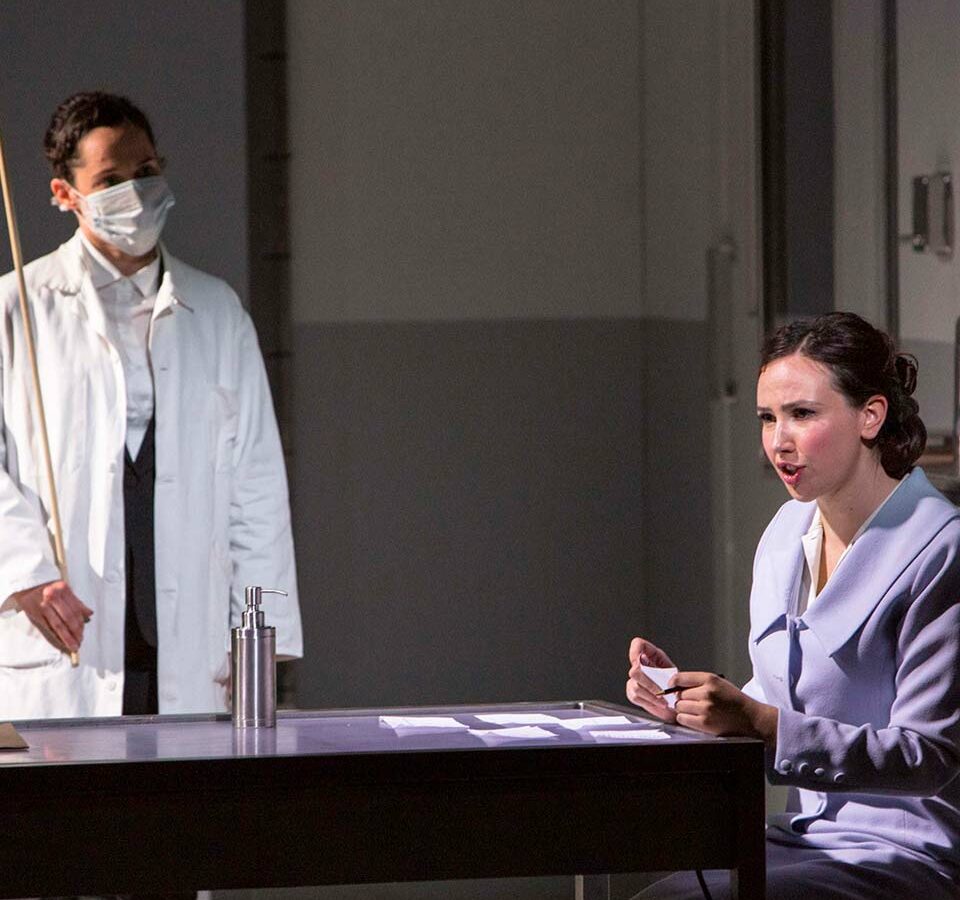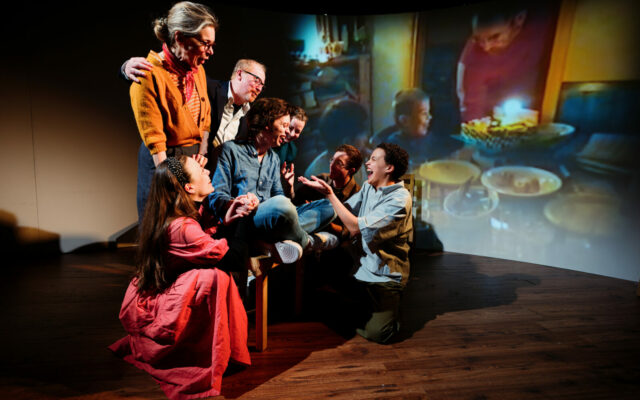Rosemary Kennedy was the third child of Joe and Rose Kennedy, and elder sister to John F Kennedy, the US president assassinated in 1963.
When she was born in 1918, the obstetrician was running late. The nurse, not allowed to deliver a baby without a doctor present, forced the baby’s head to stay in the birth canal for two hours until the doctor arrived, which is believed to have starved Rosemary of oxygen. Thereafter, she had what appeared to be a mild learning disability, seizures and “mood swings”.
Joe Kennedy was ambassador to the UK in 1938-40, and 20-year-old Rosemary was presented as a debutante to the King and Queen.
In 1941, Kennedy senior, without telling his wife, decided a lobotomy, performed by the notorious James W Watts and Walter Freeman, would calm Rosemary mood swings and prevent violent outbursts.
After this operation, Rosemary lost the power of speech, could no longer walk, and became incontinent. She was institutionalised for the rest of her life.
All this was brought surprisingly and absolutely thrillingly to the stage as an opera in Least Like The Other at the Linbury Theatre at London’s Royal Opera House in January.
Just one singer performs – the soprano Amy Ní Fhearraigh, who plays Rosemary. On a sparse, superbly lit black and white multimedia stage set, a bewildered and constantly experimented upon Rosemary sings her commentary on the cruel events around her.
Three actors voice extracts from official reports, memoirs and documents relating to her life. These all flash up on screens, along with archive film of Rosemary.
It is superbly done. We encounter a catalogue of villains from the appalling cycle of medical violence and hatred unleashed on the learning-disabled community in the 20th century – including psychiatrists Martin W Barr and Henry H Goddard as well as the lobotomists.
And yet there it is on stage, a thing of beauty, with Rosemary at the centre, finally getting her say about her sad life. Well done Irish National Opera – may you sing this story in many other places.





